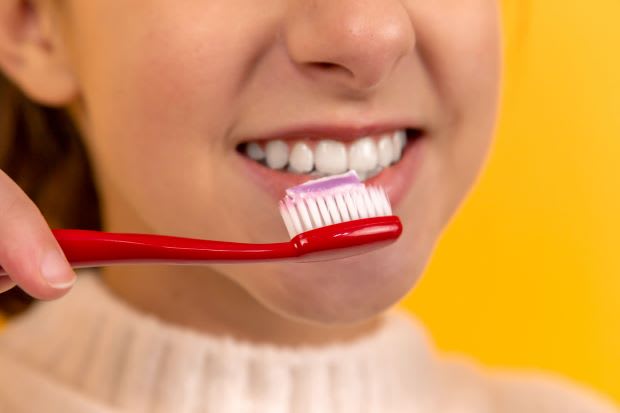Table of Contents
I. The History of Home Remedies for Acne
b. Acne Only Affects Teenagers
d. Moisturizing Can Lead to Oily Skin
The History of Home Remedies for Acne
In the United States, acne is by far the most common skin condition. Acne affects up to 50 million Americans every year. [1] If you have acne, your doctor will likely prescribe retinoic acid or azelaic acid to remove the offending bacteria and reduce skin inflammation.
While conventional medical treatments for acne can be effective, they can have side effects like redness, irritation, and skin dryness. [2] As a result, there is a long history of people turning to home remedies to cure acne. There is strong anecdotal evidence that remedies such as apple cider vinegar, tea tree oil, and honey have healing effects on the skin. In the same vein, however, many myths continue to surround acne because some natural treatments are more effective than others.
In this article, we debunk five of the most common acne myths to help you better understand this prevalent skin condition. Acne is typically a chronic condition, but you can avoid being affected in the long term if you have the tools to make better skin care decisions. Read on to learn more about common acne myths.
Using toothpaste as a remedy is an old-school trick you may have heard from your grandparents. Some people claim that toothpaste works, even though it is not a viable treatment for acne. Why then do some people swear by it? Some people may have success with using toothpaste on the skin because most brands of toothpaste contain hydrogen peroxide, alcohol, and baking soda. These ingredients can dry the skin, which may make inflammation less noticeable. The problem with this is that more irritation may occur as a result. [3] How great would it be if acne disappeared as soon as you turned 20? The myth that acne only affects teenagers most likely originated from the fact that hormonal changes during your teenage years tend to increase your risk of acne. Because hormonal changes are one of the main causes of acne, adult women are the demographic most susceptible to acne due to menstrual cycles, pregnancy, and menopause. However, adult acne can affect men as well, for reasons such as poor skincare, bad hygiene, and stress. [4] The myth that tanning can cure acne is likely perpetuated by popular media. In urban centers, busy streets, and even commercials on your television, we are shown celebrities and influencers with perfect, tanned skin. But comparing your skin with those who have the benefit of a makeup and photo-editing team isn’t realistic. The reality is that excessive exposure to UV rays can have the opposite effect of healing acne. It is true that sunlight can reduce body inflammation, but too much sunlight can actually cause your skin to age at an increased rate since it breaks down your body’s collagen faster than normal. [4] If you have oily skin, moisturizing only makes it worse, right? It is certainly true that some people tend to have oilier skin than others. If you feel like your skin is on the oily side, you may be hesitant about applying moisturizer. Some people are born with larger pores, and this may lead to more sebum production, clogged pores, and acne. If you do not moisturize, your pores will produce more sebum in an attempt to counter dry skin. If you continue to not moisturize, your skin will continue to produce more oil, and this can lead to a negative cycle. Even if you tend to have oily skin, finding the right moisturizer can help prevent acne. [3] It is true that acne is associated with hormonal fluctuations in the body. In this sense, it is possible that acne is a result of an underlying health condition. However, it is rare that acne is a sign of skin, ovarian, or breast cancer. In most cases, acne is not a sign of anything serious. Most of the time, acne is caused by dirt and oil in your pores or bacterial infections underneath your skin. If you are concerned that your acne is indicative of an underlying health problem, ask your doctor for an examination. Keep in mind that acne isn’t usually a reason to worry, but it can be helpful to treat before it starts to affect your mind as well as your body. [5] When it comes to treating your acne, it’s important to know what works and what does not. Some of these myths will have you taking unnecessary steps that may actually worsen your condition. Retinoic acid and azelaic acid may be expensive, which may partly explain why so many people choose to believe in these myths. At Canada Med Pharmacy, we understand the burden of buying acne medications, so we have sourced name-brand and generic versions for cheap. Visit our order page to fill your acne medications at a discount price today.
Common Acne Myths
a. Toothpaste can Treat Acne
b. Acne Only Affects Teenagers
c. Tanning Will Cure Acne

d. Moisturizing Can Lead to Oily Skin
e. Acne is a Sign of Cancer
The Truths About Acne
